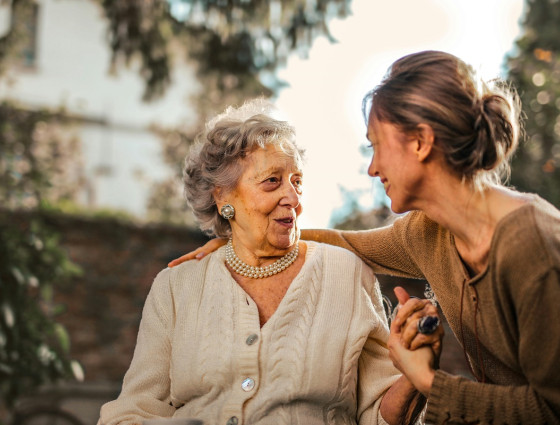
Flu, COVID-19 and Respiratory Syncytial Virus (RSV)
Protecting yourself and others against highly infectious conditions such as Flu, Covid-19 and Respiratory Syncytial Virus (RSV).
Flu
Flu occurs every year, usually in the winter, which is why it’s sometimes called seasonal flu. It’s a highly infectious disease with symptoms that come on very quickly. To find out more about the symptoms of flu visit the NHS website.
Flu vaccination: who should have it this winter and why?
The flu vaccine provides the best protection available against a virus that can cause severe illness.
If you are eligible for flu vaccination, you need to be vaccinated every year as the antibodies that protect you from flu decline over time, and flu strains change from year to year. It can take up to two weeks for your immunity to build up fully after you have had your flu vaccine. NHS Flu vaccine.
Where can you get the flu jab in Worcestershire?
If you're eligible for an NHS flu vaccine, you can:
- book a flu vaccination appointment at a pharmacy online or in the NHS App (if you're aged 18 or over)
- find a pharmacy that offers NHS flu vaccination (if you're aged 18 or over)
- contact your GP surgery to book an appointment
Some people may be able to get vaccinated through their maternity service, care home, or their employer if they are a frontline health or social care worker.
Coronavirus (COVID-19)
Who should have it and why?
Booster doses are an important part of protecting yourself from COVID-19 if you are at higher risk from severe COVID-19. Booster doses help increase your protection from becoming seriously ill or needing to go to hospital if you catch COVID-19.
Where can you get the COVID-19 vaccination
You can visit this website to find out where you can get the covid vaccination locally to you:
Book, change, or cancel a COVID-19 vaccination appointment online - NHS
Respiratory Syncytial Virus (RSV)
The RSV vaccine helps protect against respiratory syncytial virus (RSV), a common virus that can make babies and older adults seriously ill. The RSV vaccine helps protect against respiratory syncytial virus (RSV).
RSV is a common cause of coughs and colds. Most people get it several times during their life.
It usually gets better by itself, but in some people (especially babies and older adults) it can cause illnesses such as:
- pneumonia (a lung infection)
- bronchiolitis (a chest infection that affects babies)
These illnesses can cause serious breathing problems. They may need to be treated in hospital and can be life-threatening.
Getting RSV can also make your symptoms worse if you have a lung condition, such as chronic obstructive pulmonary disorder (COPD).
The RSV vaccine helps reduce the risk of serious breathing problems like pneumonia and bronchiolitis.
The RSV vaccine is recommended if:
- you're pregnant – the vaccine is recommended during every pregnancy (from 28 weeks onwards) to help protect your baby after they're born
- you're aged 75 to 79
Unlike some vaccines (such as flu or COVID-19 vaccines), the RSV vaccine is given all year round.
To find out how you can get the vaccination and for more information go to RSV vaccine - NHS
NHS Health checks
An NHS Health Check is a free check-up of your overall health that can tell you whether you're at higher risk of getting certain health problems.
 Facebook
Facebook X
X Email
Email WhatsApp
WhatsApp Messenger
Messenger